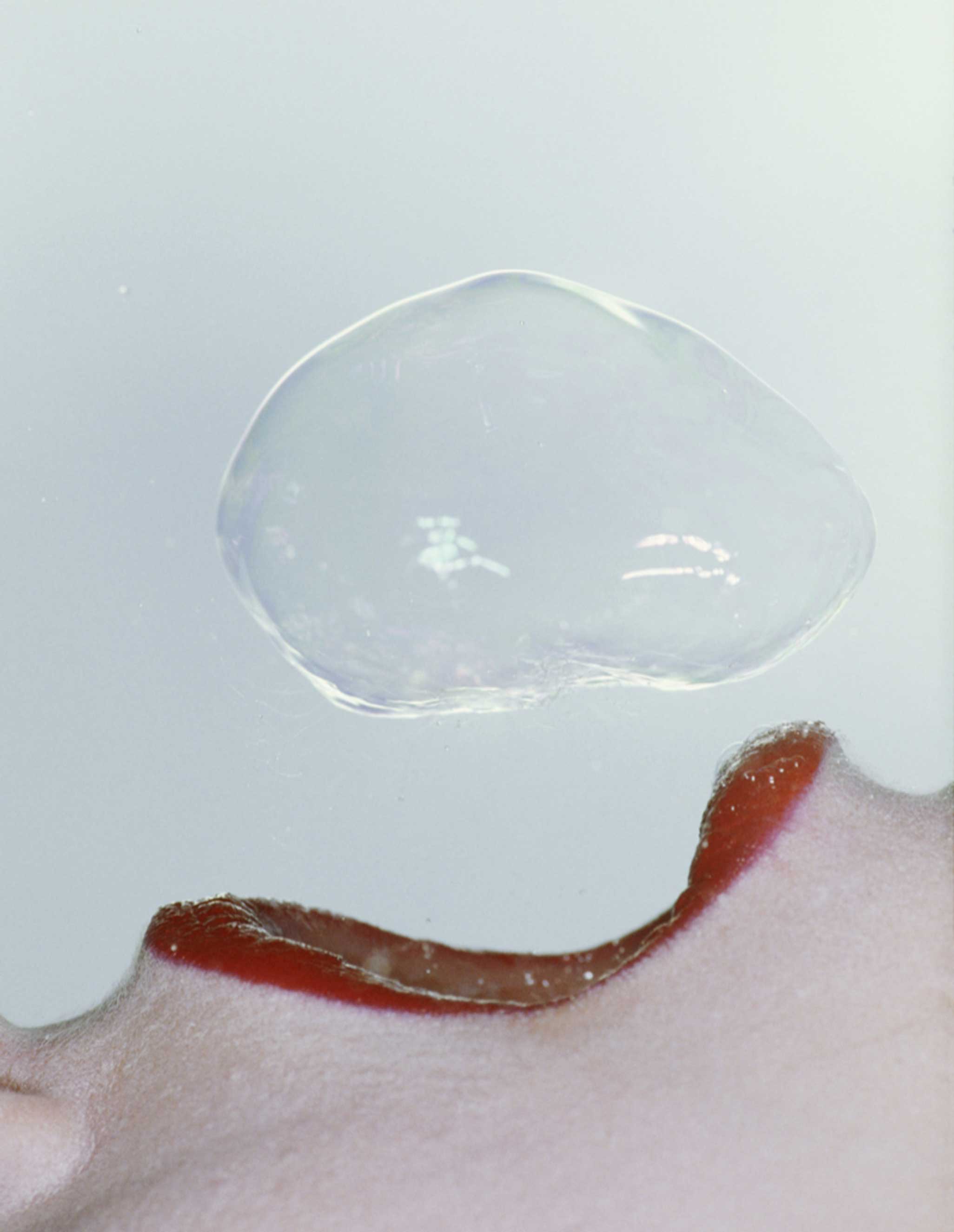
Several iterations of a London-based photography fair have died and risen from the ashes over the years. But, its most recent resurrection is now in its third year, and founders Michael Benson and Fariba Farshad are certain it will be around for many more.
Benson and Farshad inherited a problematic legacy; previous Photo London fairs were “so dead, so awful” that many galleries and contributors were reluctant to return. “It was put in the wrong place, at the wrong time and no one came. There was no marketing,” says Benson. But with Somerset House as its backdrop, the emphasis is on high production value, big names and longevity.
London is buzzing with photography, says Benson. But while the appetite and audience is there, the community needed to be nurtured. “We do a series of talks between the Fairs and every time they go online, they sell out very quickly. There’s always a waiting list.” It’s a commercial venture – with investment from patrons such as the influential Maya Hoffman. And as well as appealing to the established buyers market, Benson hopes to ignite the flame in those who have never collected before. Photography, he says, is a great starting point for the virgin collector who doesn’t want to spend a fortune on contemporary art.
For this one to be a success, it had to feel established and effectual right from its inauguration. “We really couldn’t afford to start out looking as if we were the new kid on the block,” says Benson. “We had to look as if we’d been around for a long time. That is a very conscious decision on our part; it needs to feel solid.”
What is central to the fair’s revival is presenting London as a global focal point for photography – and not simply a Paris Photo Take Two. With the French fair less than six months earlier, there needs to be a draw for global galleries, dealers and VIP collectors to take two trips a year to Europe. “We said to our galleries: ‘If you bring what you take to Paris Photo, you probably won’t get it’,” says Benson. “We’ve got a very strict policy this year of saying new, new, new. And the exhibitors have really respected that.” Farshad adds: “You have to have a program that appeals to someone in New York to get on a plane and be absolutely overwhelmed by the wonderful things that they’re going to see for three or four days. ”
The fair has also diversified beyond photography, featuring cinematic offerings from Issac Julien and a multi-dimensional exhibition from the dslcollection. But the star of 2017 is Taryn Simon, who is this year’s Master of Photography. Her latest work, Image Atlas, an investigation of cultural differences and similarities via the indexing of search engines, promises to be full of “drama” and a major draw for the contemporary art scene. “We are now in a very fortunate position that lots of people are coming to us with ideas,” says Benson. “For example Mat Collishaw came to us with this virtual reality project.” It helps that Benson and Farshad have an enviable combined contact book that means giants like Magnum will approach them for collaborations. “We’re often dealing with personal relationships,” says Farshad. “That’s how it actually works. You bring people together.”
Photo London is held at Somerset House, London from May 18 -21. Tickets can be purchased here.
Fariba Farshad, a curator and pioneer of creative education, and Michael Benson, an award-winning writer, film producer, are founding directors of Photo London and Candlestar, a cultural consulting agency.
Alexandra Genova is a writer and contributor for TIME LightBox. Follow her on Twitter and Instagram. Dilys Ng, who edited this photo essay, is an associate photo editor at TIME. Follow her on Instagram.
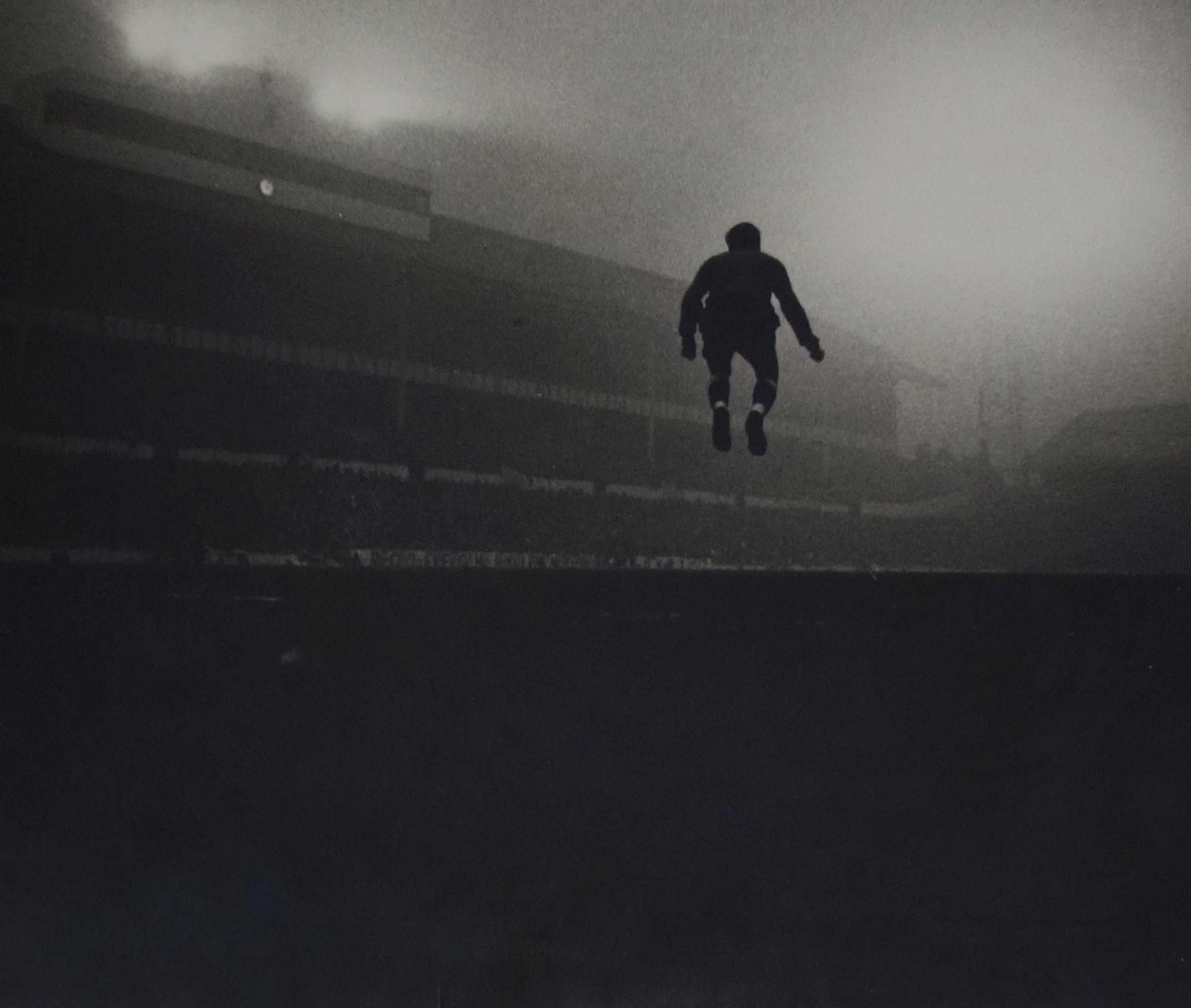
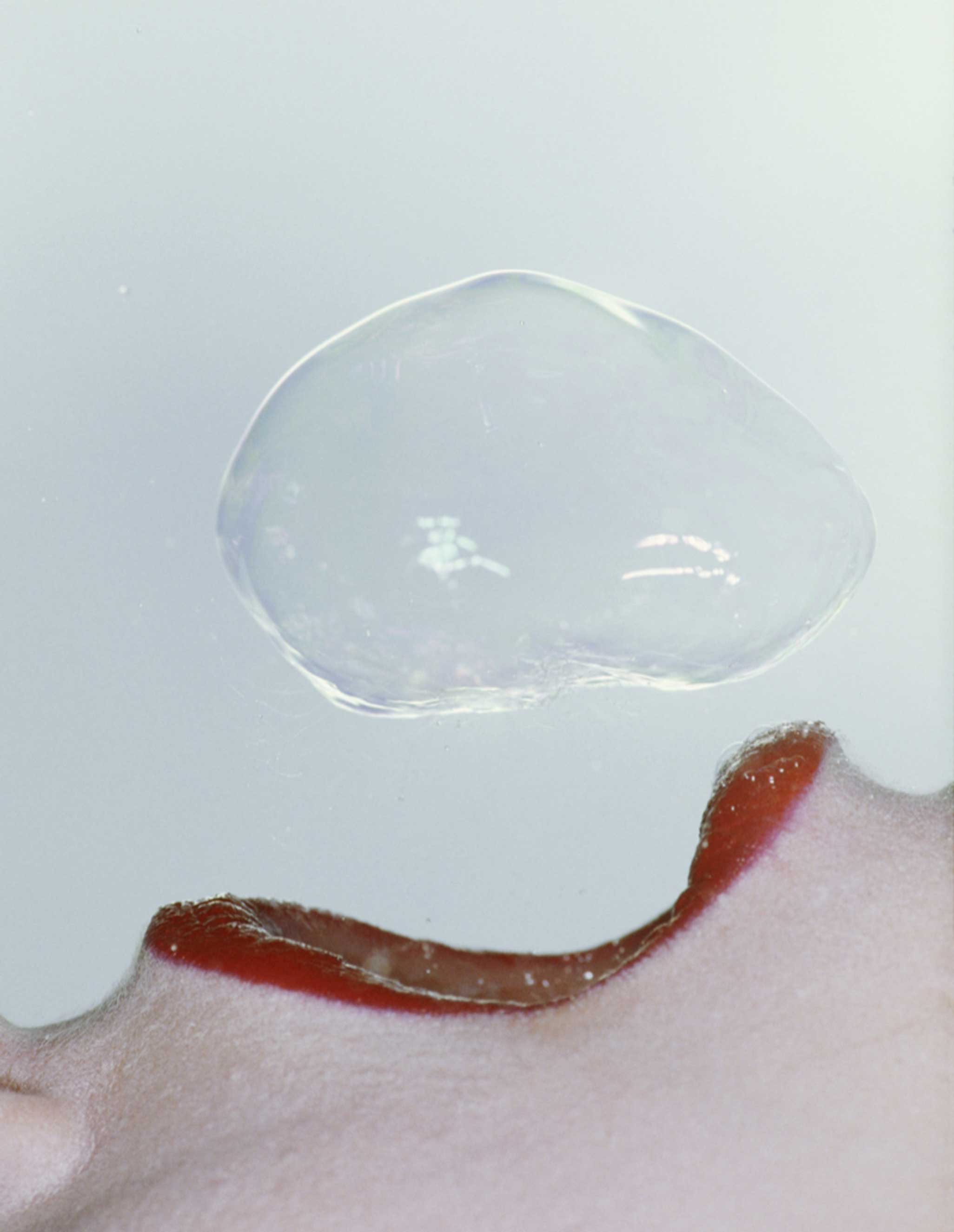
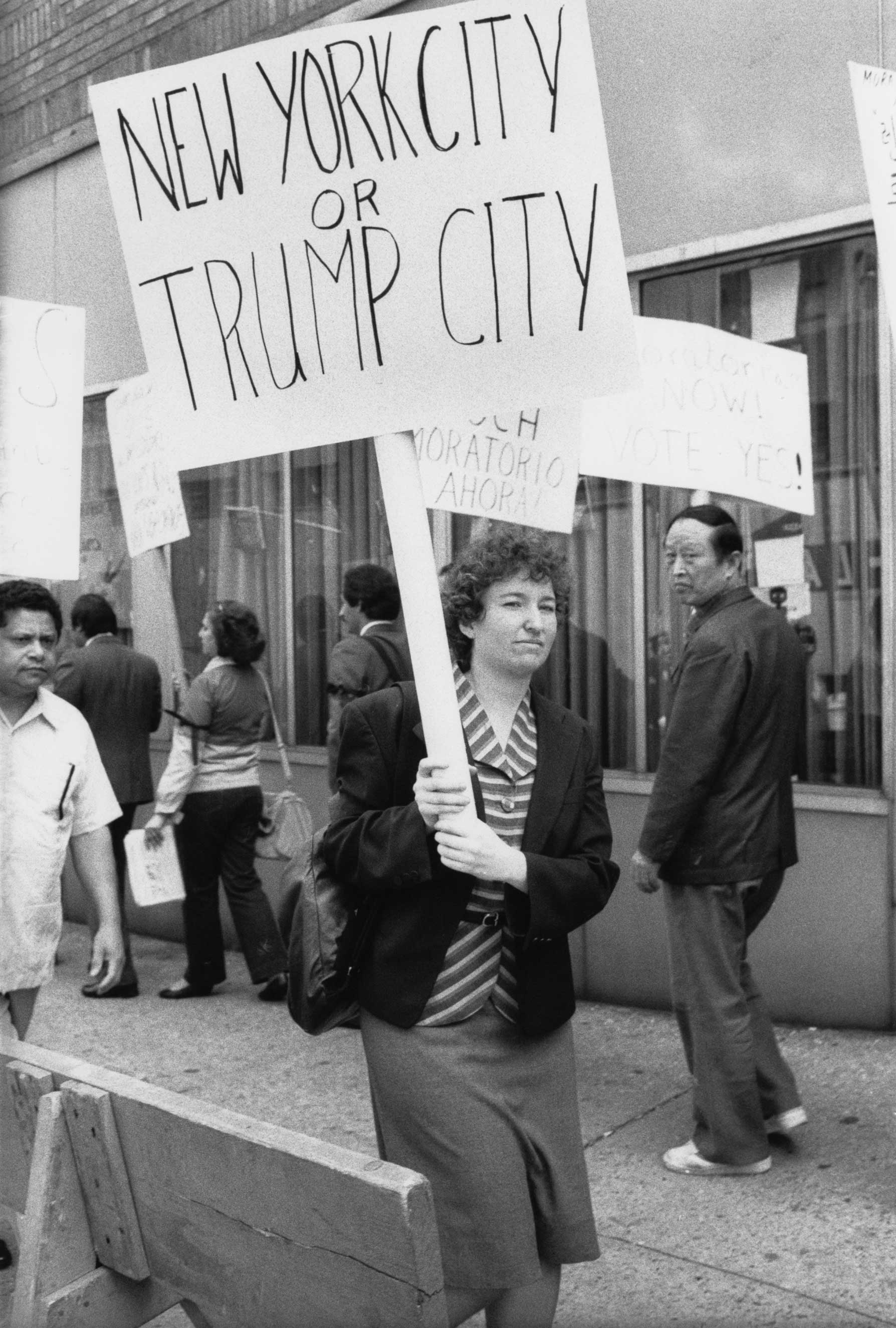
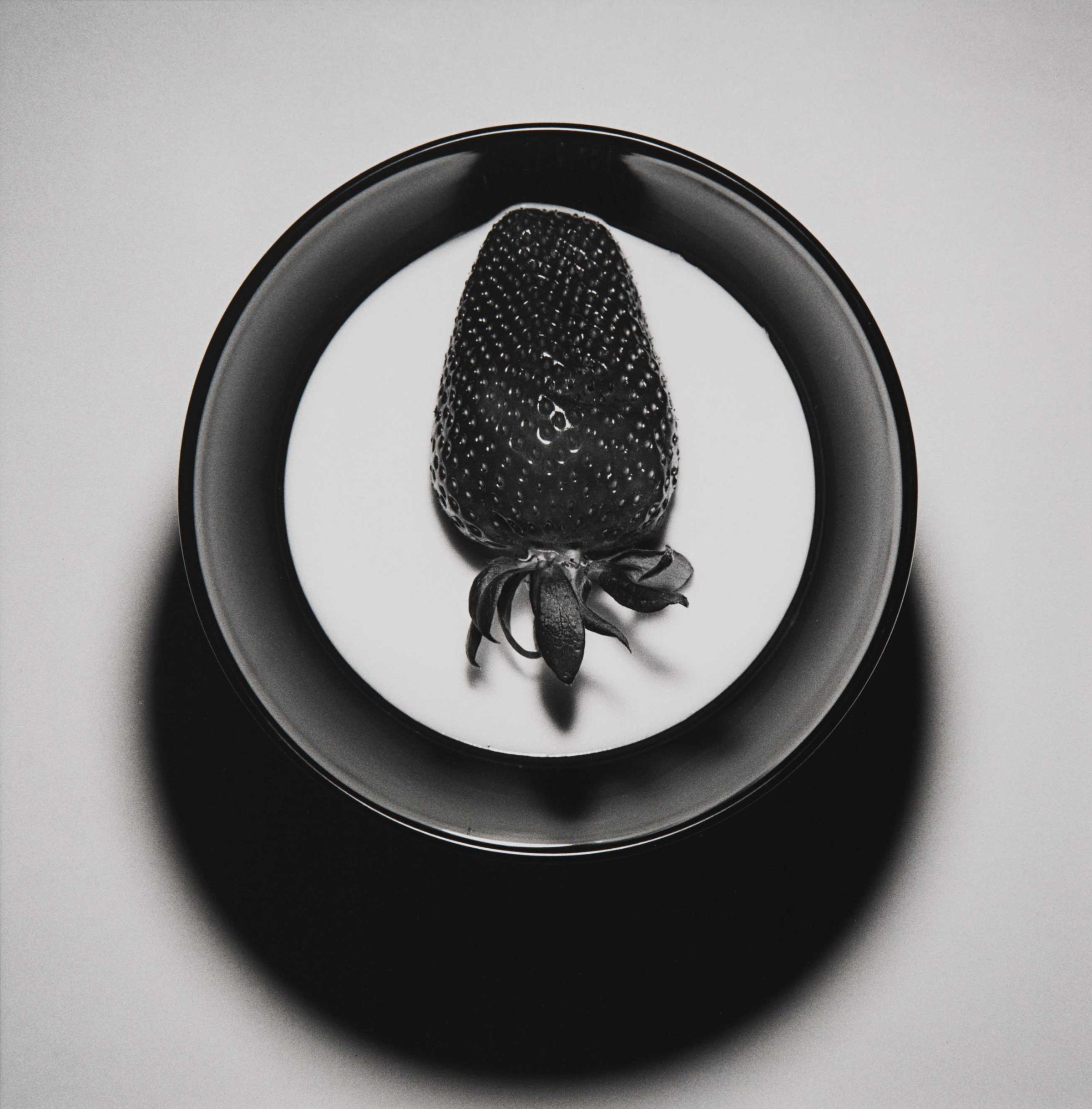
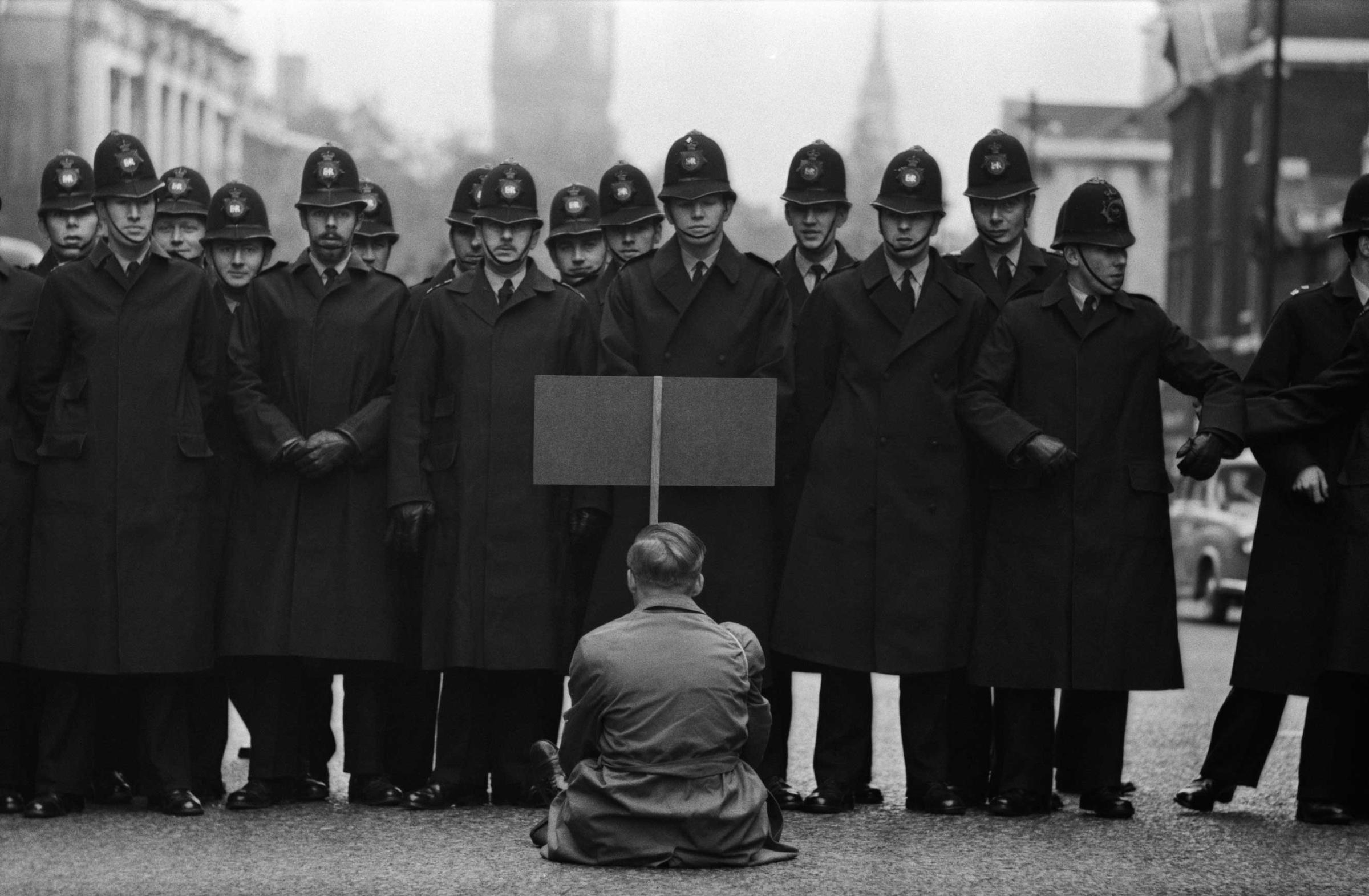
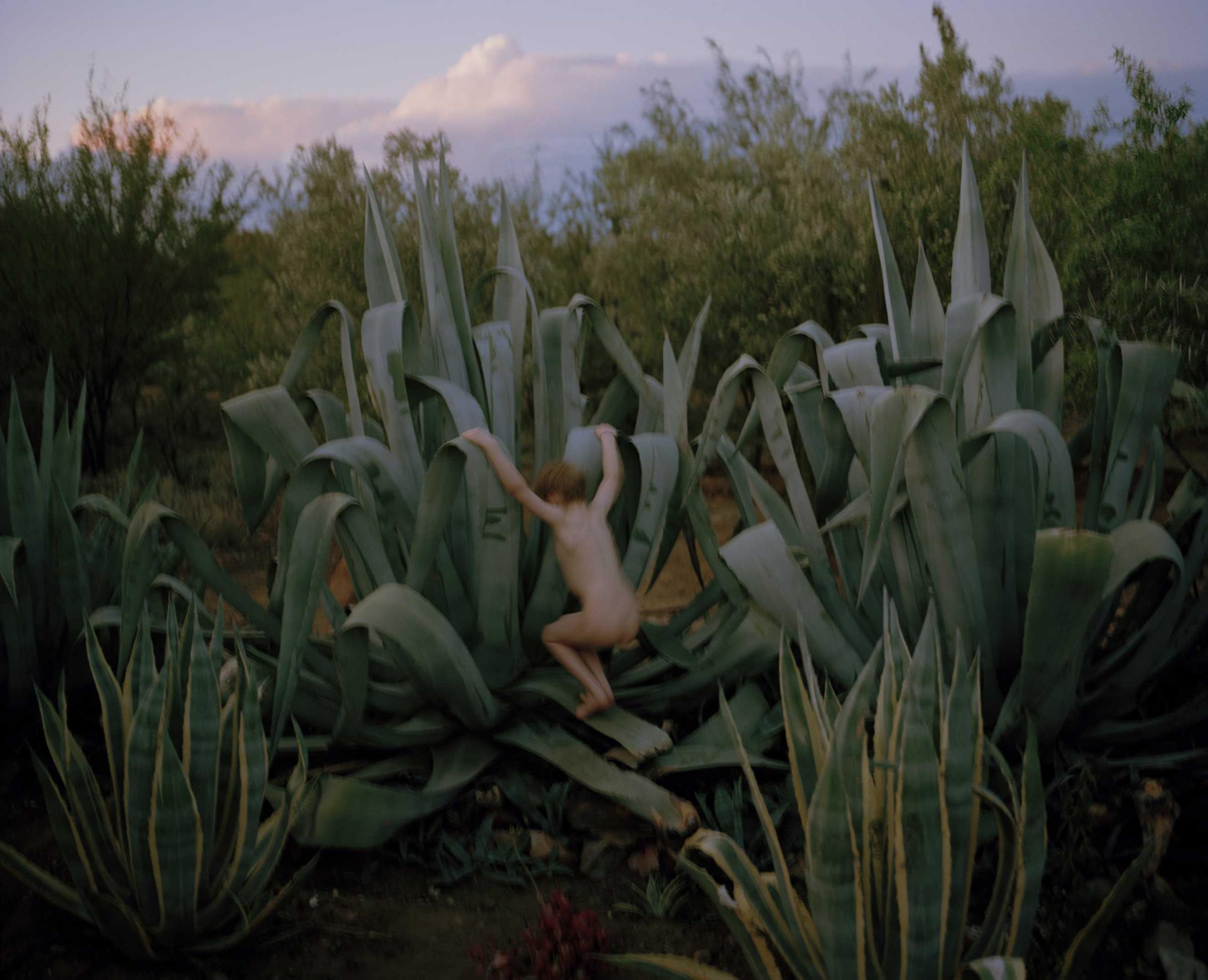
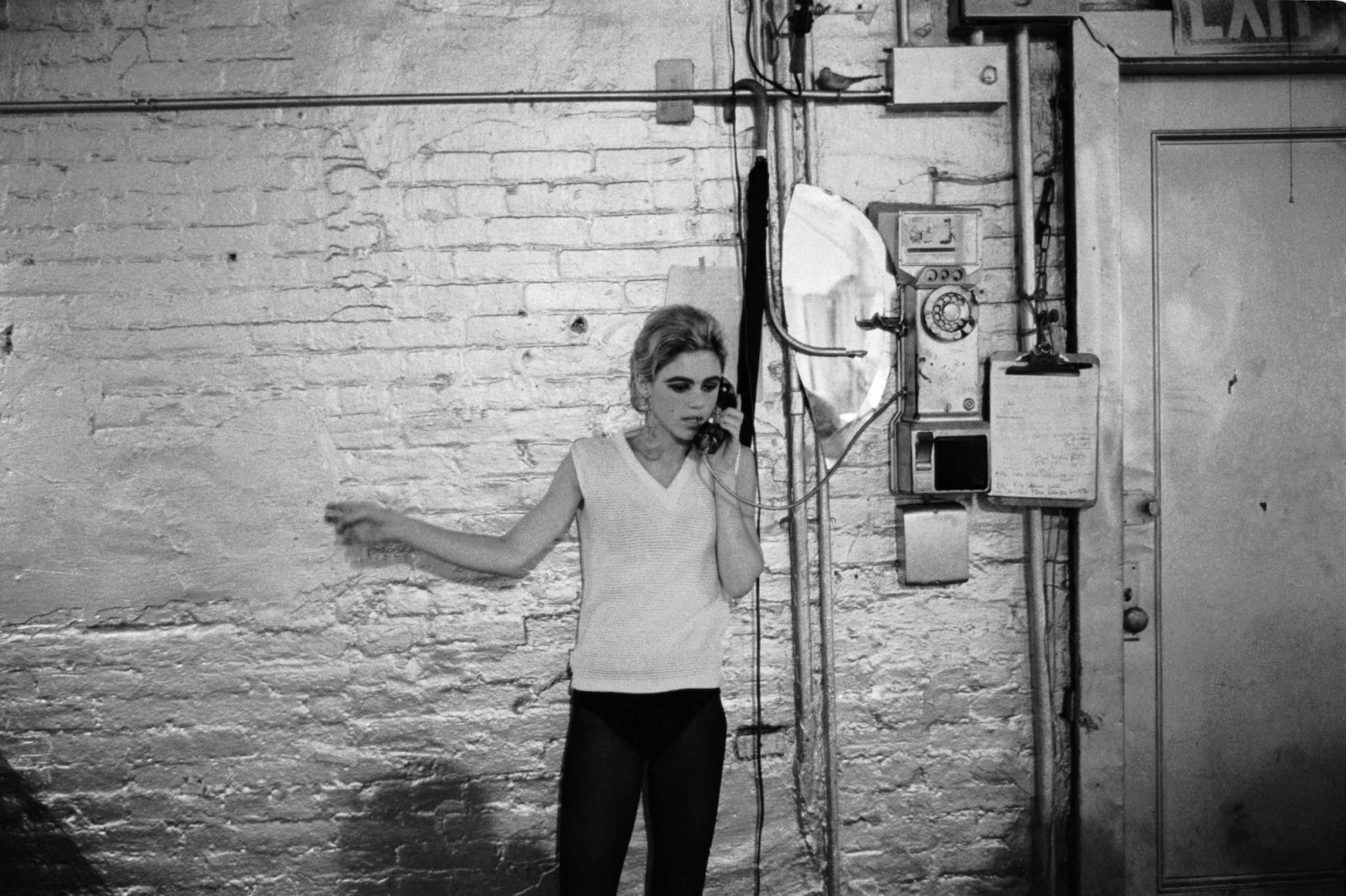
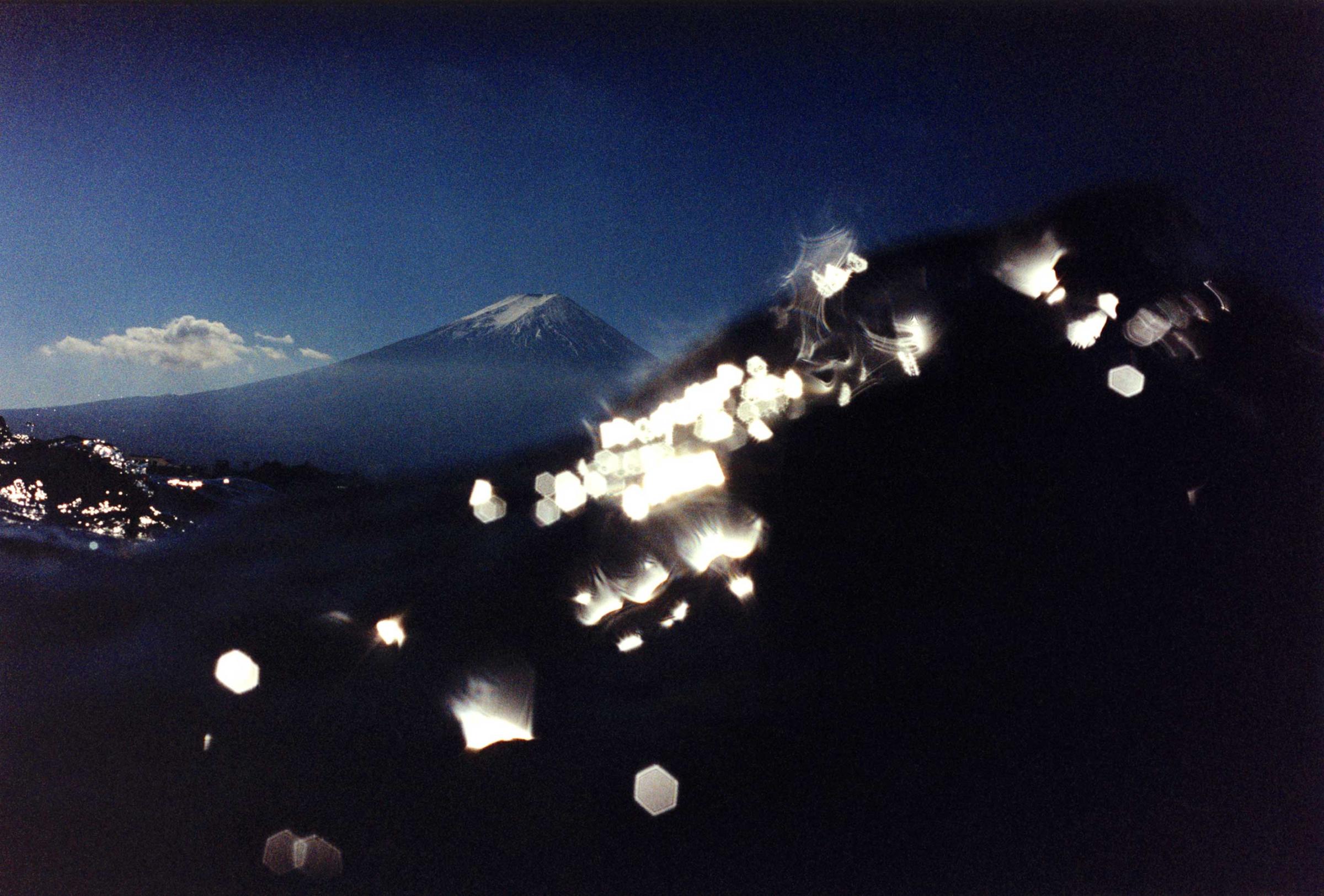
More Must-Reads from TIME
- Inside Elon Musk’s War on Washington
- Meet the 2025 Women of the Year
- The Harsh Truth About Disability Inclusion
- Why Do More Young Adults Have Cancer?
- Colman Domingo Leads With Radical Love
- How to Get Better at Doing Things Alone
- Cecily Strong on Goober the Clown
- Column: The Rise of America’s Broligarchy
Contact us at letters@time.com